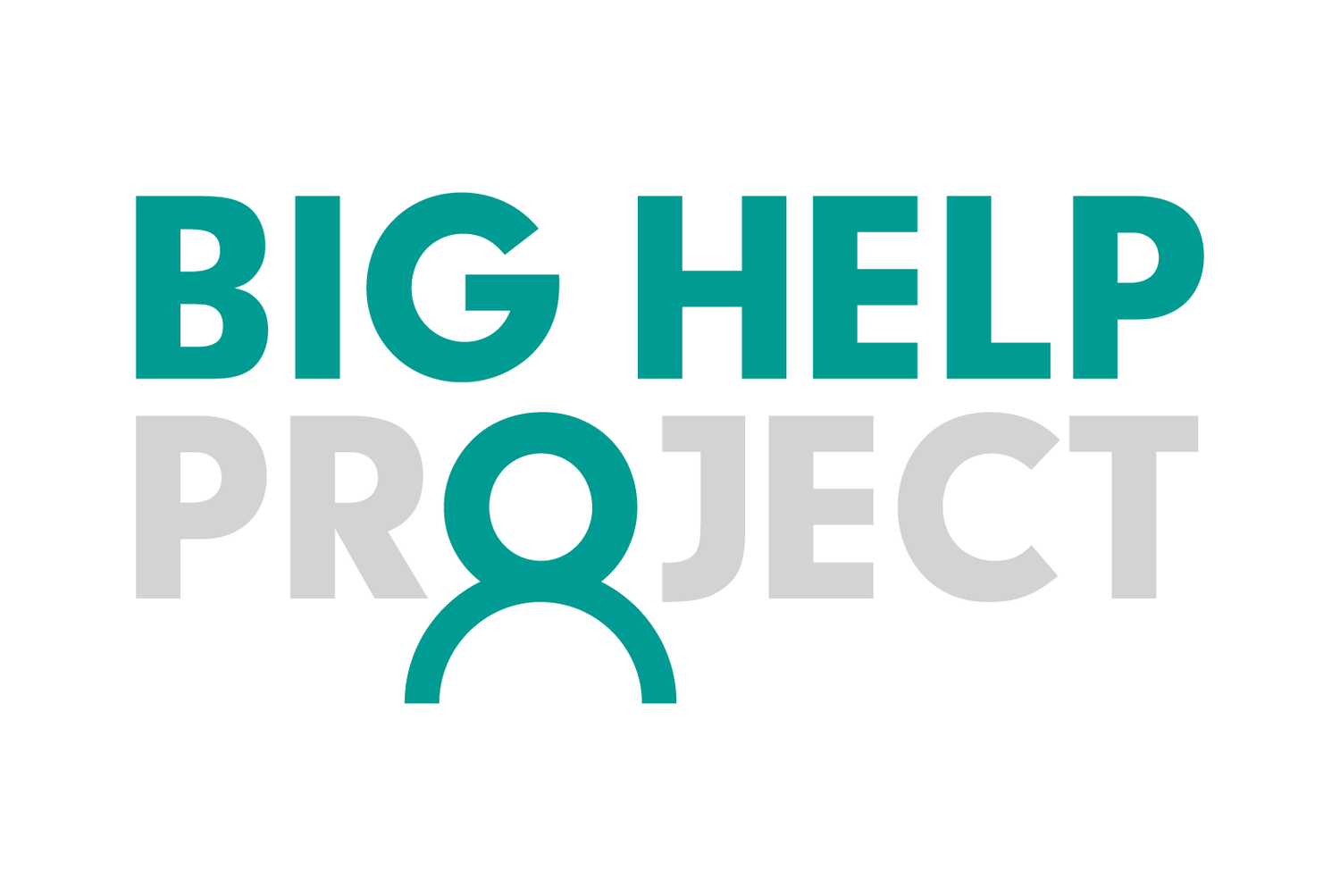The State of Britain’s Housing Crisis
As reported today, England is now considered to be the most difficult place to find a home in the developed world, with housebuilders finding that a higher proportion of people in England ‘live in substandard properties than the European Union average’. This comes following months of reports regarding Britain’s housing crisis, with rent prices at their highest, poor housing conditions across the country, and millions suffering ill-health as a result.
Rent challenges
UK private renters are ‘overburdened’ with housing costs, having to spend over 40% of their income in comparison to countries such as France or Germany who spend 9% and 5% respectively. The Organisation for Economic Co-operation and Development (OECD) have released data on the share of private renters spending more than 40% of their disposable income on rent, per country, with the UK at the top of the chart at 23.2%, again compared to Germany as the lowest at 5%.
In the most deprived areas of Britain, households have seen rent increases of 52% over the past four years – bringing households’ average rent from £499 per month to £759 - whereas in wealthier areas, the increase has only been by 29%. Tenants living in deprived districts are suffering under stronger financial pressures, pushing them further into poverty as their outgoing housing costs rise. The Joseph Rowntree Foundation’s annual poverty report in 2022 stated that a third of private tenants are in poverty due to high housing costs and low incomes, amounting to 4.2 million people. Their research also found that 20% of low-income households are taking on new debt to pay for rent and energy.
Student housing crisis
University students are also suffering the brunt of the country’s housing crisis amidst ‘unprecedented rent rises’, a record demand for accommodation, and maintenance loans that often do not cover the full housing costs despite that being its purpose. Rents have reportedly risen by more than 8% this year compared to 2022/23 and, in some cases, up by as much as 27%.
This is, in part, due to the huge increase of students in need of accommodation, which is up by 390,000 over the last decade.
A survey done by the National Union of Students found a growing amount of part time work among students, 69% of respondents having taken on part-time work alongside their studies, many of whom do so to combat rising costs of living whilst at university. Almost one in five of those who worked were on more than 20 hours a week, with more than a third of those noting that it had had a negative impact on their studies.
The impact on health
Homelessness charity Shelter have found that 40% of those living in rented homes had experienced ill-health directly linked to their living conditions – this amounts to almost 3 million people in England. Damp and run-down properties are causing these people to suffer from worsening mental and physical health.
The percentage of respondents to Shelter’s survey that reported their mental or physical health to have been affected by their landlord not dealing with repairs and poor conditions in their property was highest in London, followed by the North West and North East, with the West Midlands having the lowest percentage. Osama Bhutta, the director of campaigns at Shelter, said: “It is disgraceful that England’s 11 million private tenants are at the mercy of a broken rental system while politicians sit on their hands and dither over whether to make renting fairer and safer.”.
Section 21 evictions – where landlords can evict tenants without having to provide a reason - are a significant factor contributing to homelessness in the UK, and is set to be banned under the Renters Reform Bill. Research indicates that someone is handed a no-fault eviction every three minutes, the equivalent of 543 a day and almost 595,000 since 2020. The fear of eviction contributes largely to poor mental health among renters, with more than 700,000 in London suffering mental or physical problems as a result.
Disabled renters are also disproportionately affecting by ill-health in relation to housing, with half of all disabled renters reporting to have become more ill due to concerns about their living conditions in comparison to 29% in the rest of the renting population.
An impending refugee homelessness crisis
Due to the Home Office’s decision to decrease the number of days allowed for refugees’ ‘move on’ process (down to 7 days from 28), which dictates that those granted refugee status must leave their temporary accommodation, fears are mounting that this will cause a homelessness crisis for refugees who would have to set up a bank account, find a job, and find somewhere permanent to live in that period of time.
Big Help Project's Chief Executive Officer, Peter Mitchell, said:
“The difficult circumstances in which asylum seekers come to this country in the first place leaves them in an incredibly vulnerable position, and this should not be exacerbated by a complete lack of support in their efforts to adjust to a new environment.
As an organisation at the forefront of support throughout the cost-of-living crisis, we see the impact that these disparities have on the lives of those living in poverty.
This is not only a crisis, but an emergency. We cannot sit by and watch more people be forced onto the streets, stripping them of every opportunity to build a better life for themselves.”.
The rest of Big Help Project’s statement on this issue can be found here.
Sources:
https://cpag.org.uk/child-poverty/measuring-poverty


